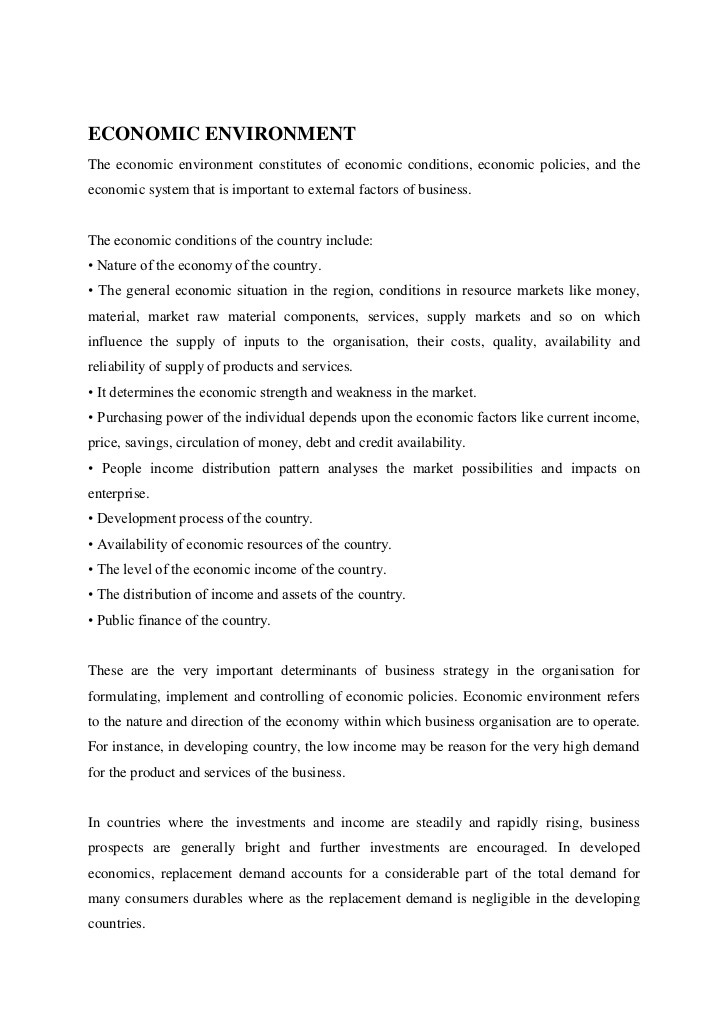The 8 Economic Factors that Affect the Forex Market
Post on: 16 Май, 2015 No Comment

News and information regarding a country’s economy can have a direct impact on the direction that the country’s currency is heading in much the same way that current events and financial news affect stock prices, hence the importance of economic factors. The following eight economic factors will directly affect a currency’s movements in the Forex market.
Factor 1 — Employment Data
Non-farm payrolls is the name given to the data that pertains to the number of people who are employed within the US economy, and it is released the first Friday of every month by the Bureau of Labor Statistics. Strong decreases in employment indicate a contracting economy, while strong increases are perceived indicators of a prosperous economy.
Factor 2 — Interest Rates
This is always a major focus in the forex market. Since the central banks mandate monetary policy and supply, they are the prime focus of investors and the various market participants.
Factor 3 — Inflation
This is the measure of increases or decreases in pricing levels over a period of time. Due to the immense number of goods and services available in a country, usually a grouping of these goods and services are used to measure changes in the pricing. Increases in pricing indicate an increase in the inflation rate which in turn can devalue that country’s currency.
Factor 4 — Gross Domestic Product
This is the measurement for goods and services that were finished over a period of time. The GDP is broken down into 4 categories:
1. business spending
2. government spending
3. private consumption
4. total net exports
Factor 5 — Retail Sales
The measurement of sales recorded by retailers over a period of time is a reflection of either increased or decreased consumer spending, depending on whether sales are up or down for the comparative period a year ago. This indicator gives market participants an idea as to how strong or weak the economy is.
Factor 6 — Durable Goods
Goods that have a lifespan of three or more years are considered durable goods and they are measured in quantities that are ordered, shipped, or unfilled over a period of time. These are also an indicator of economic spending or the lack of it.
Factor 7 — Trade and Capital Flows
Currency values can be significantly impacted by monetary flows that result from certain interactions between countries. When imports exceed exports, there is a tendency for the currency value to decline. Increased investments in a country can lead to the opposite result.
Factor 8 — Macroeconomic and Geopolitical Events
Elections, financial crises, monetary policy changes, and wars can influence the biggest changes in the Forex market. These events can either change and/or lead to reshaping of a country’s economy.














